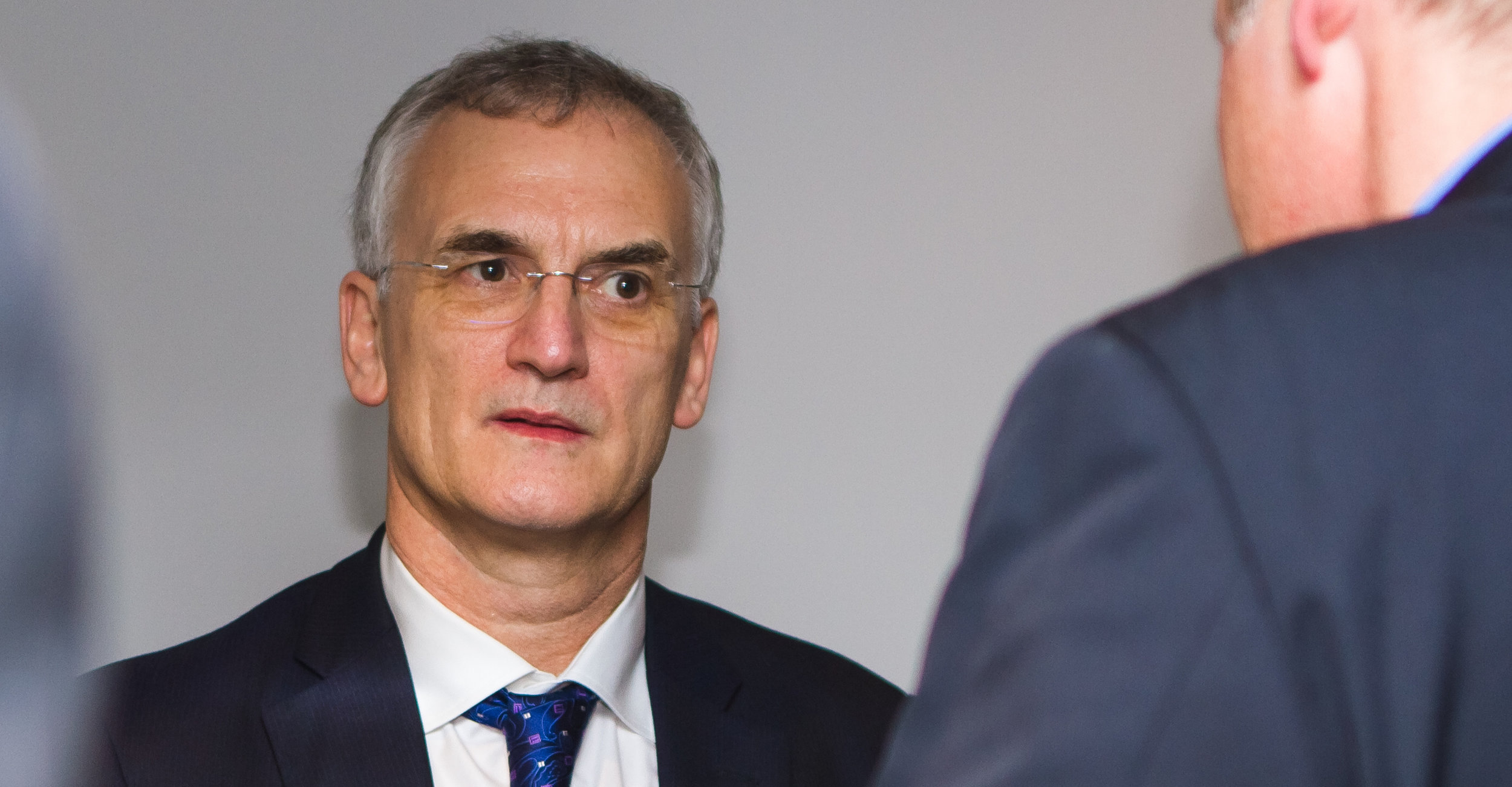In fact, a shocking new study concludes that just the methane emissions escaping from New Mexico’s gas and oil industry are “equivalent to the climate impact of approximately 12 coal-fired power plants.” If the goal is to avoid catastrophic levels of warming, a recent report by U.K. climate researchers finds “categorically no role” to play for new natural gas production.
Back in 2014, a comprehensive Stanford study published in Science concluded “A review of more than 200 earlier studies confirms that U.S. emissions of methane are considerably higher than official estimates. Leaks from the nation’s natural gas system are an important part of the problem.” More










